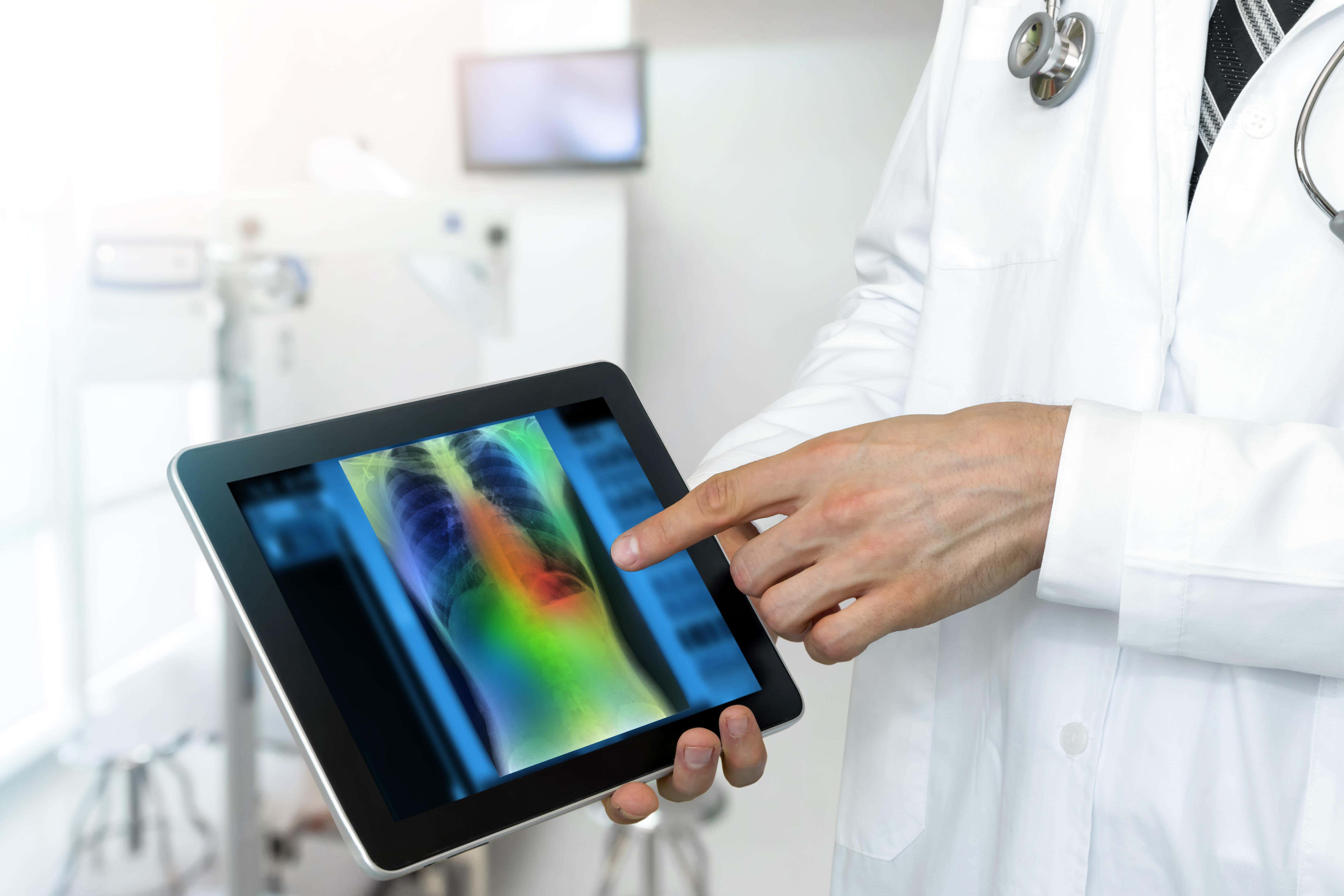Artificial intelligence could be used to analyse people’s facial expressions and detect signs of depression, new research suggests.
The study, published in the journal of Scientific Reports, found that the technology was able to track micro-movements in people’s facial muscles and found consistent patterns among people who reported feeling depressed.
The researchers say this kind of technology could be used to identify mental illness in people before clinical symptoms appear, allowing for early intervention.
Associate Professor Eriko Sugimori, from Waseda University in Japan, said: “As concerns around mental well-being have been rising, I wanted to explore how subtle non-verbal cues, such as facial expressions, shape social impressions and reflect mental health using artificial intelligence-based facial analysis.
“Our novel approach of short self-introduction videos and automated facial expression analysis can be applied to screen and detect mental health in schools, universities, and workplaces.”

The researchers recorded 10‑second introduction videos of 64 undergraduates in Japan and used the artificial intelligence system OpenFace 2.0, which tracks the movements in facial muscles, to analyse the videos.
“Artificial intelligence analysis revealed specific patterns of eye and mouth movements, such as the inner brow raiser, upper lid raiser, lip stretcher, and mouth-opening actions that were more frequent in participants with subthreshold depression (StD),” the study said.
The subtle muscle movements were strongly linked to those who had reported subthreshold depressive symptoms, which are less severe than major depressive disorder.
They also got another group of students to observe these videos and rate how expressive, friendly, natural, and likeable the students seemed.
The results of this were consistent with the AI analysis. Students who had reported depressive symptoms were deemed less friendly, expressive, and likeable than those who didn’t report feeling depressed.
“Depression is often linked to reduced facial expressivity,” the study said. “This suggests that StD does not make people appear overtly negative but rather tones down their positive expressivity”.
“The proposed approach could be used in mental health technology, digital health platforms, or employee wellness programs to monitor psychological well-being efficiently.”
According to Mind, a mental health charity, one in six people reported experiencing a common mental health problem, like anxiety or depression, in any given week in England.

Artificial intelligence continues to be employed in the health industry. In the UK, an app that detects early signs of illness in elderly people has halved hospital admissions and is saving the NHS more than £1.5 million each day.
Its rise has sparked debate on whether the technology belongs in healthcare, with concerns around data security, data bias, and a lack of human empathy.
Earlier this month, the NHS urged young people to avoid using AI chatbots as a therapy substitute as they can provide “harmful and dangerous” mental health advice.
In its 10-year health plan for England, the government said it would “make the NHS the most AI-enabled health system in the world with AI seamlessly integrated into clinical pathways.”




